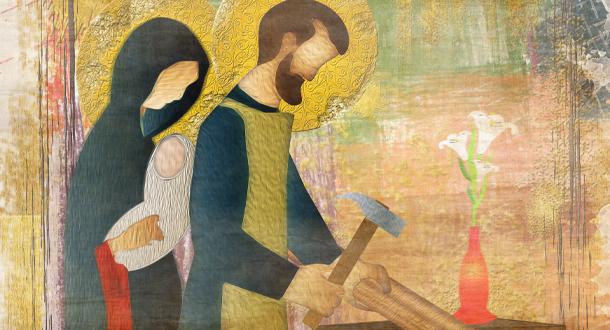
Scripture:
Reflection:
The Gift of Peace…aaahhh!
Classic words of Jesus to his disciples the night before he died: “Peace I leave with you; my peace I give to you. Not as the world gives do I give it to you…” Now it’s Jesus’ message to us and our pandemic-ravaged world this 5th week of Easter, 2021.
Peace is a beautiful reality, impossible to fully define and yet experienced by all of us at various times and in various ways. Peace can be thought of in a negative way, such as an absence of war between peoples, or a lack of turmoil within a family, or freedom from anxiety in one’s heart. True peace is a positive reality…a sense of tranquility and harmony and life. Nations are truly at peace when they cooperate with each other; a family is at peace when they live together in harmony; a person is at peace when resting confidently in the loving arms of Jesus. Peace is positive — and precious!
This positive, precious peace is the farewell gift of Jesus to his disciples – and us. Jesus gave us more than descriptive, “nice” words about peace: He also gave us the means to find peace, and that “means” is His very Body and Blood in the Eucharist. The Eucharist is the means by which we become one in Christ. By uniting us in Himself, a harmony and positive spirit builds us up and helps heal our troubled, fearful hearts. No doubt, as we see in the Acts of the Apostles, Paul and Barnabas based their exciting and fruitful missionary journeys on the peace and strength they experienced in celebrating the Eucharist.
In our pandemic-ravaged world, Jesus encourages us: “Do not let your hearts be troubled or afraid.” With Jesus’ gift of peace in our hearts, we can live in peace with one another as we breathe a sigh of contentment, relief and encouragement — leading to true healing and life: aaahhh! So needed today…
In gratitude, with the psalmist we proclaim: “May all creation bless God’s holy name forever!”
Fr. John Schork, C.P. is the Vocation Director for Holy Cross Province. He lives at St. Vincent Strambi Community in Chicago, Illinois.







